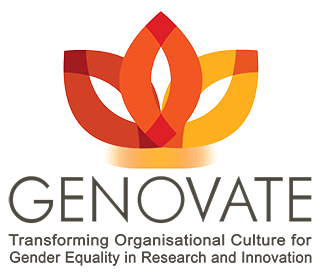 The GENOVATE Community is a platform which enables GENOVATE partners to share institutional information and case studies, and facilitates the coordination of a buddy system for bench learning.
The GENOVATE Community is a platform which enables GENOVATE partners to share institutional information and case studies, and facilitates the coordination of a buddy system for bench learning.
The GENOVATE Community consist of seven GENOVATE partner institutions; the GENOVATE International Advisory Board; key strategic collaborators and stakeholders and the general public. It is a mechanism designed to facilitate meaningful knowledge exchange across the community at local, national and international levels within each of the partner institutions’ countries, across Europe and globally.

The project Gender Contact Point (GCP) will contribute to deeper interaction between academia, industry and other community actors by creating an innovative collaborative environment for practical gender mainstreaming. The second workshop with researchers and IT companies was carried out on October 28, 2016. The project will enable the region's businesses and other stakeholders to benefit from the results of research, learning and knowledge in gender, diversity and innovation. Today we discuss among other things how we could utilise the results of GENOVATE in the GCP process.
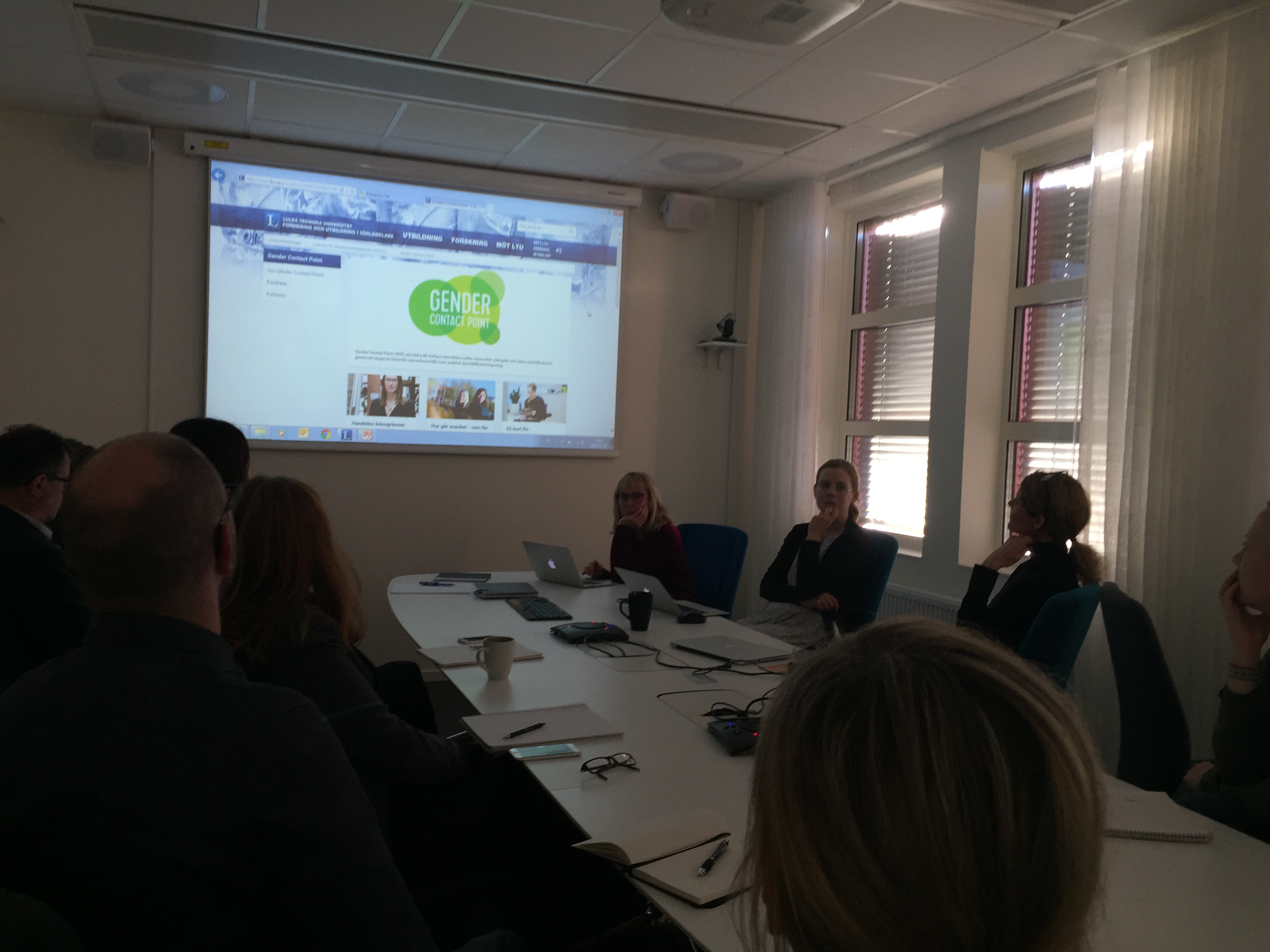
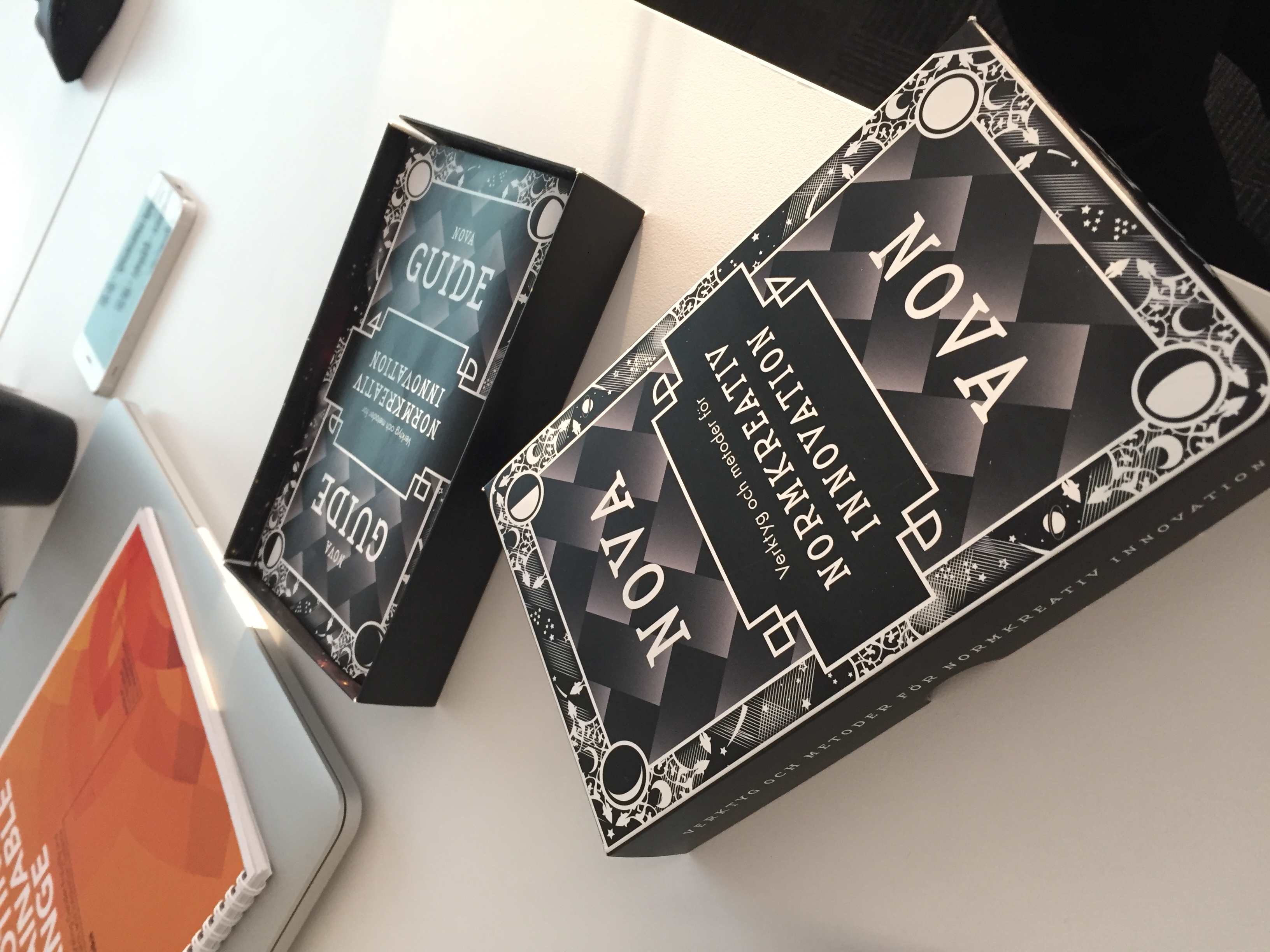

At this 9th meeting we discussed the GENOVATE achievements and the advisory board members presented how GENOVATE project results will be utilized in their working places and organisations after the end of the project. The meeting also reflected on the organization of the project and processes and what we can learn from GENOVATE for future projects.
The meeting was concluded with short information about the final GENOVATE conference that will take place on November 2-3, 2016 at Thon Hotel EU in Brussels. Two of LTU’s advisory board members will join the Brussels conference: Cathrine Norberg, Dean of Faculty of Humanities and Social Sciences and Anders Lundkvist, CEO of Centre for Distance-spanning Technology. Welcome to meet the LTU team in the following slot:
Promoting gender-aware and sustainable research and innovation systems
- outcome, challenges and benefits
Day 2: Thursday, November 3, 2016 (10.15-11.00)
Room: Netherlands 3
Speakers: Prof. Ylva Fältholm & Paula Wennberg, LTU Sweden
Chair: Ellen Pugh, Equality Challenge Unit, UK
The whole conference programme is available here http://www.genovate.eu/dissemination/genovate-international-conference/programme/
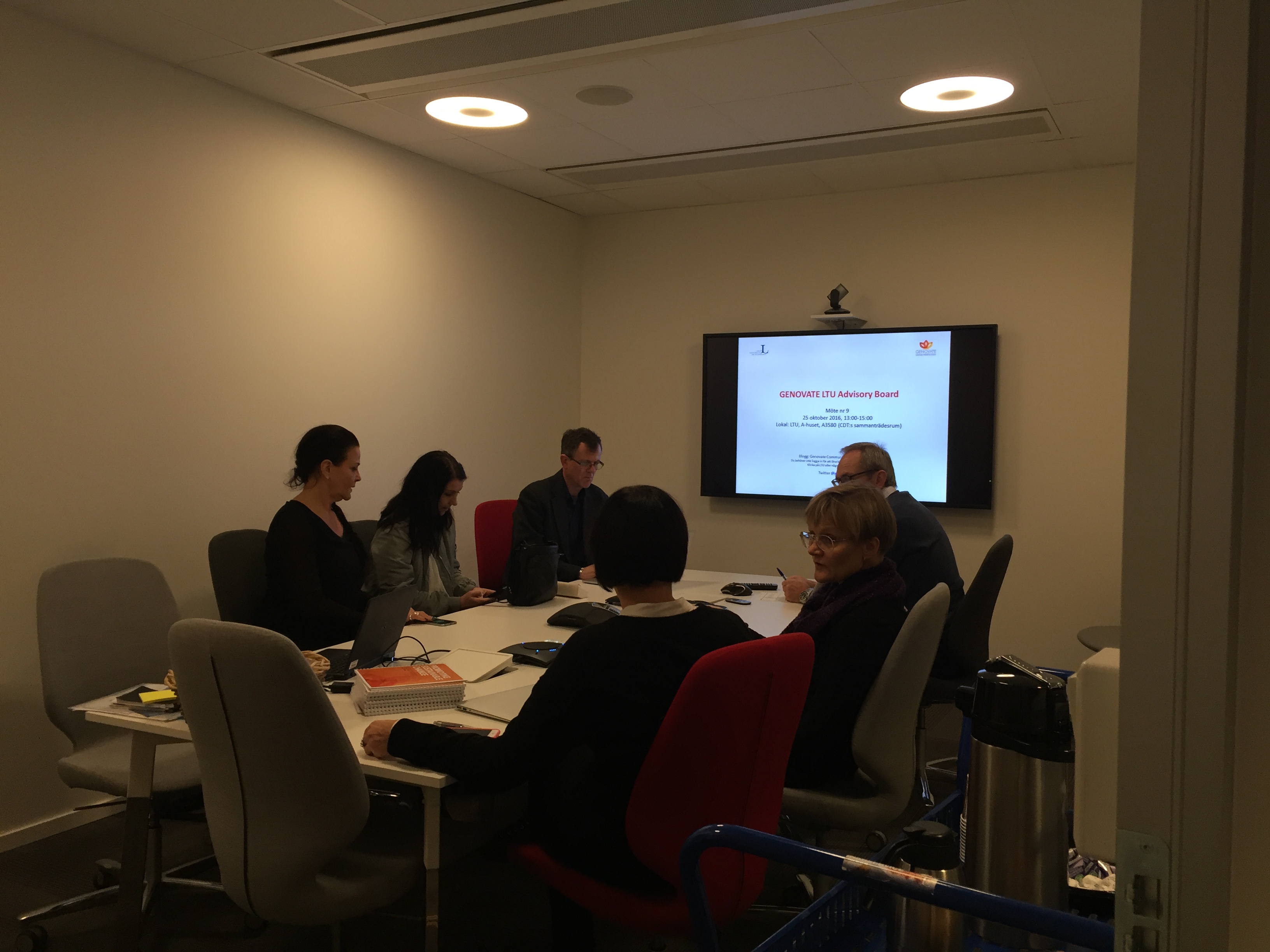
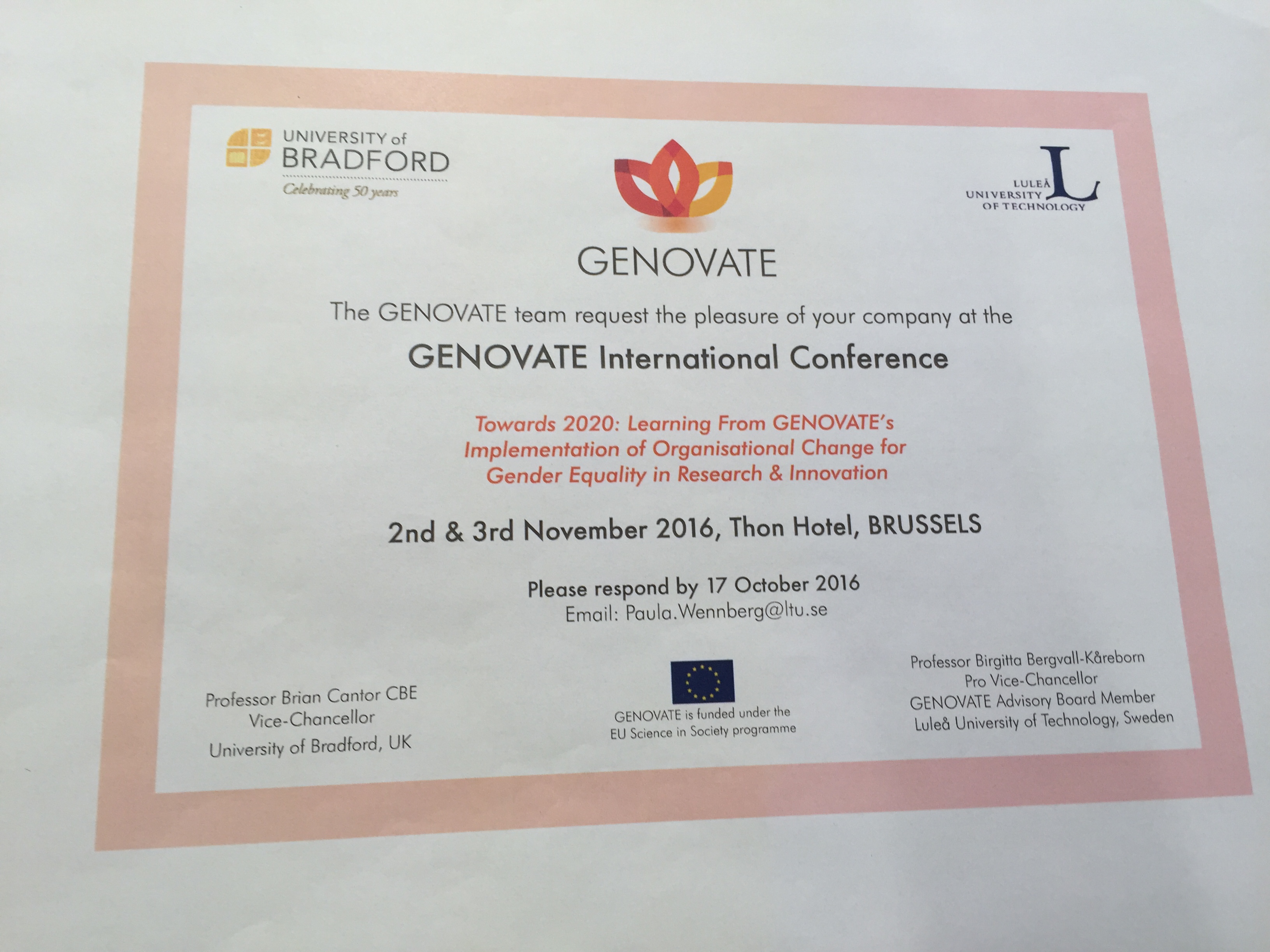

County Administrative Board of Norrbotten, Sweden developing a regional digital agenda on September 1, 2016. In this half-day workshop actors from diverse sectors discuss opportunities, challenges and future scenarios. Anders Lundkvist, Jan-Olov Johansson and Paula Wennberg from the Centre for Distance-spanning Technology, Luleå University of Technology are invited togehter with 25 participants to change experiences and ideas on how to utilize the opportunities of digitalisation with aim to support sustainable development of the region. Gender equality perspective is discussed as an important perspective when creating an attractive region for both women and men.
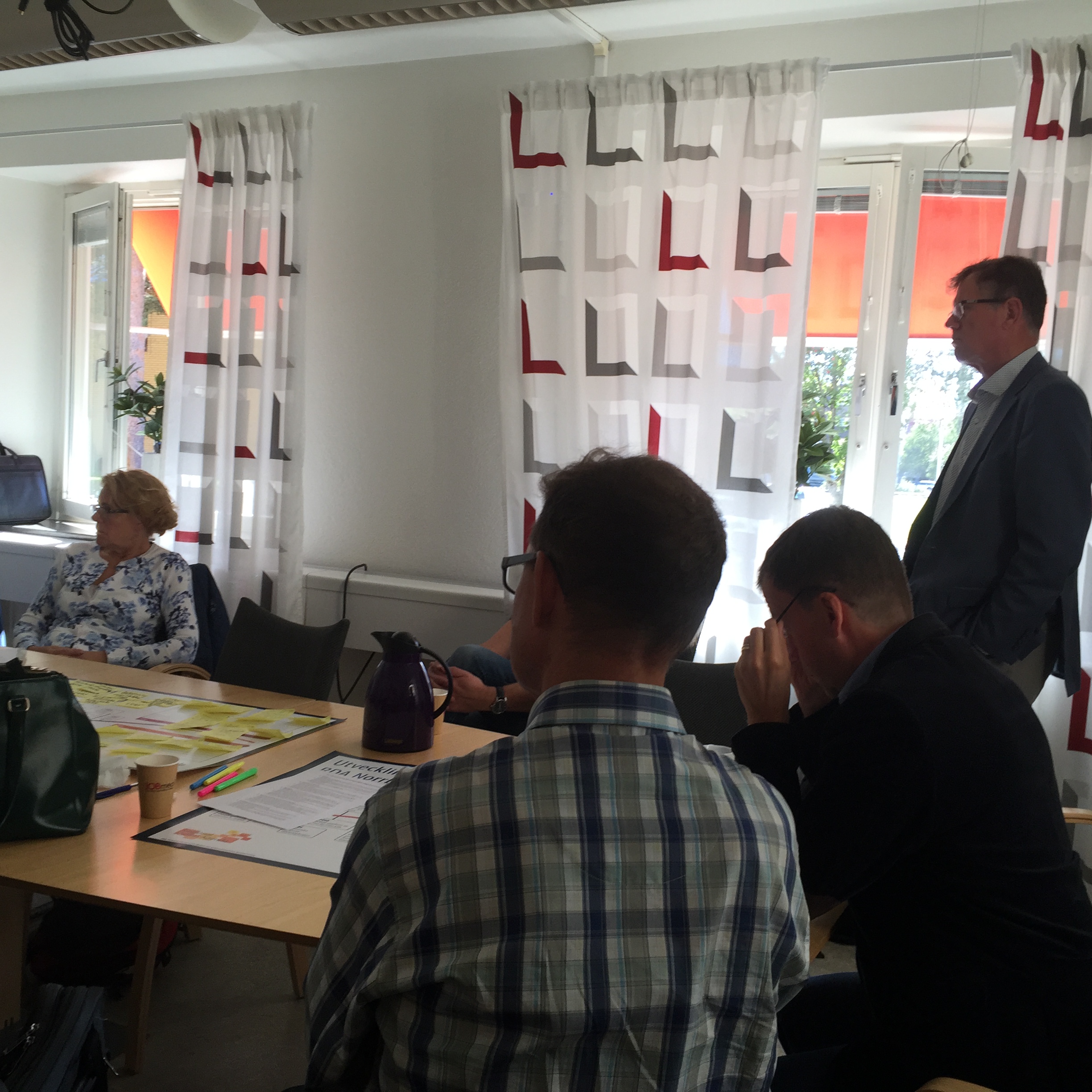
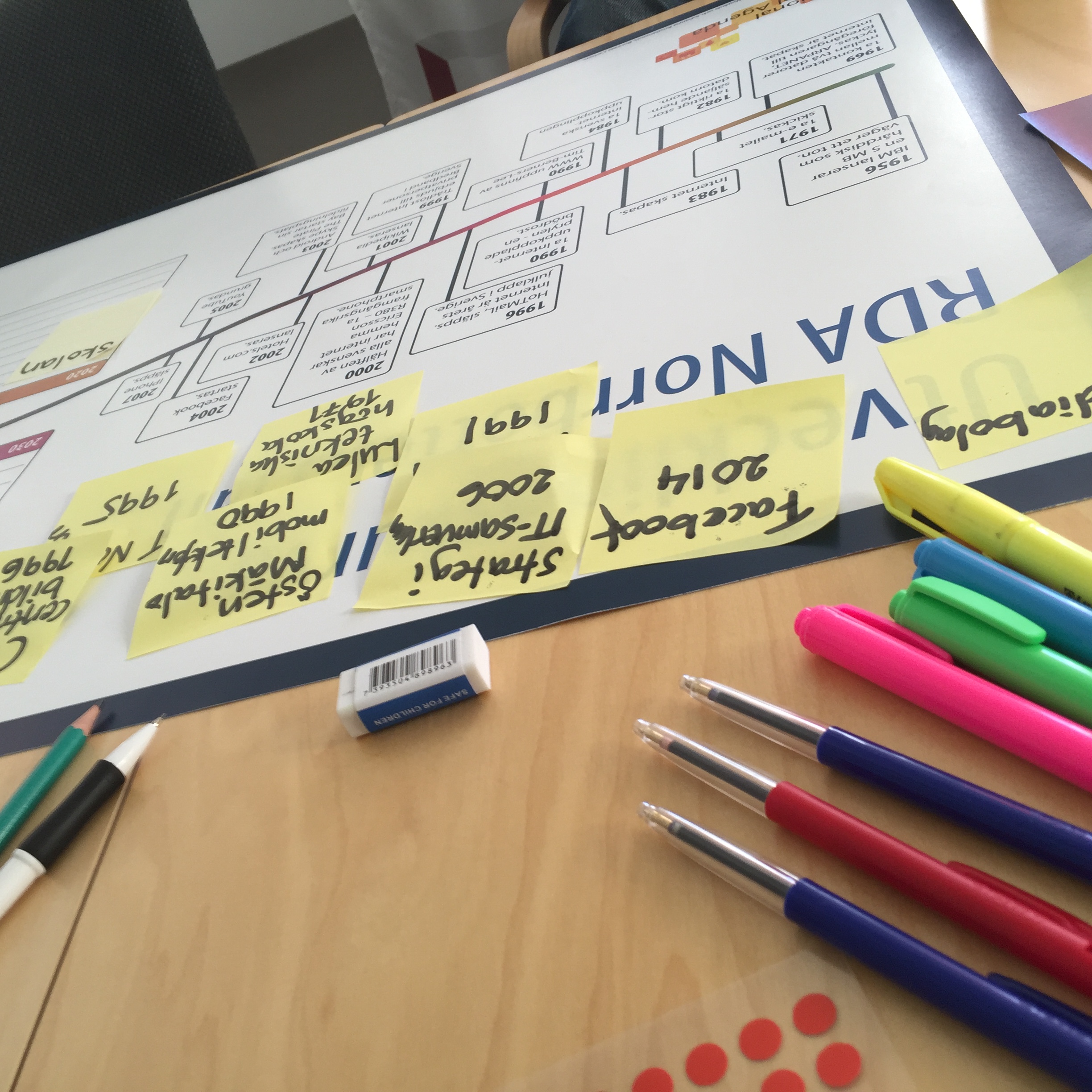

The FUI – Datacenters management team participating in a workshop on gender facilitated by Paula Wennberg October 11, 2016. How to attract more women to the region’s datacenter industry and what makes a working environment more inclusive are some of the topics of the day. We also learn more about norm critical view and norm creativity.
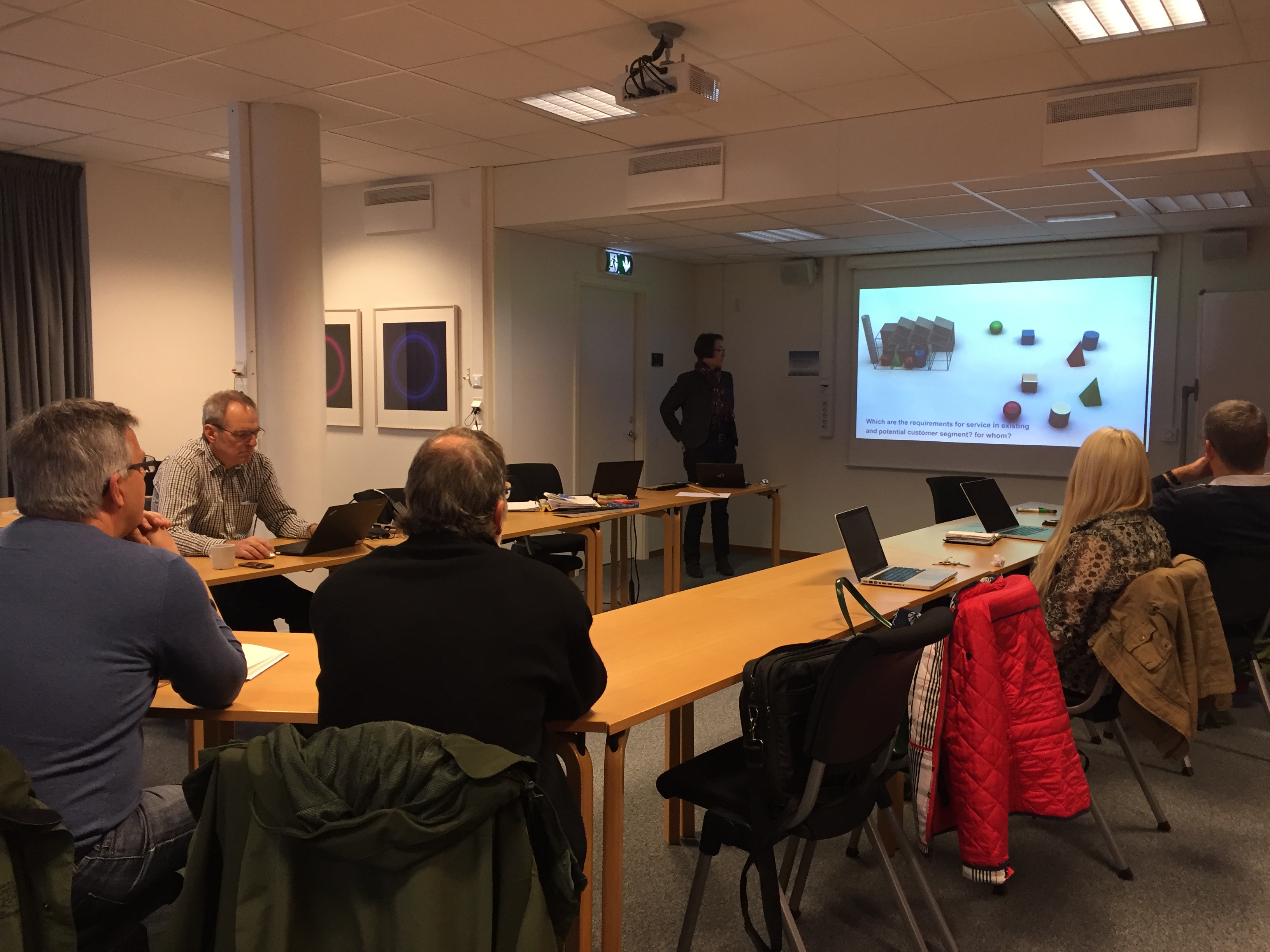
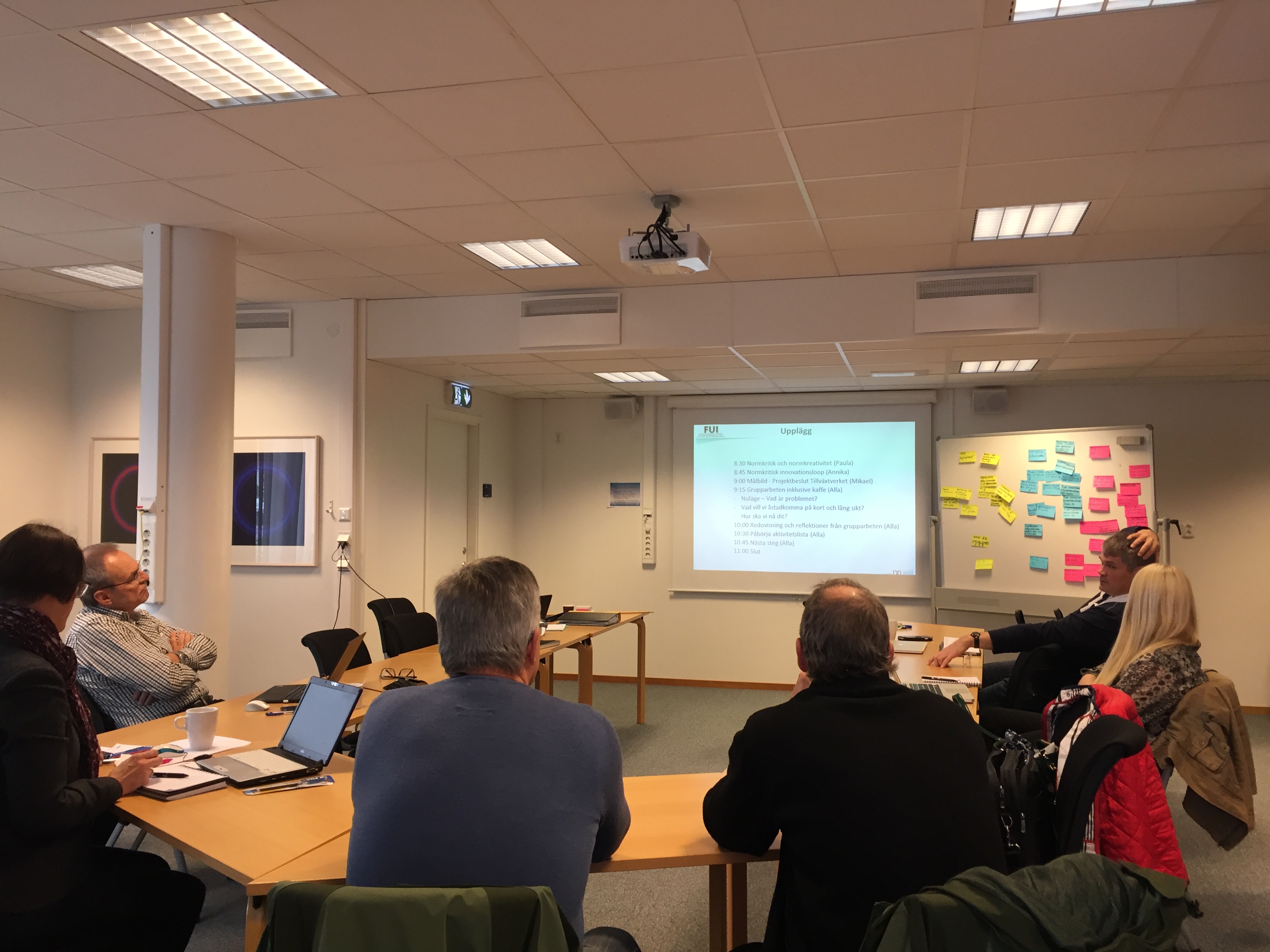
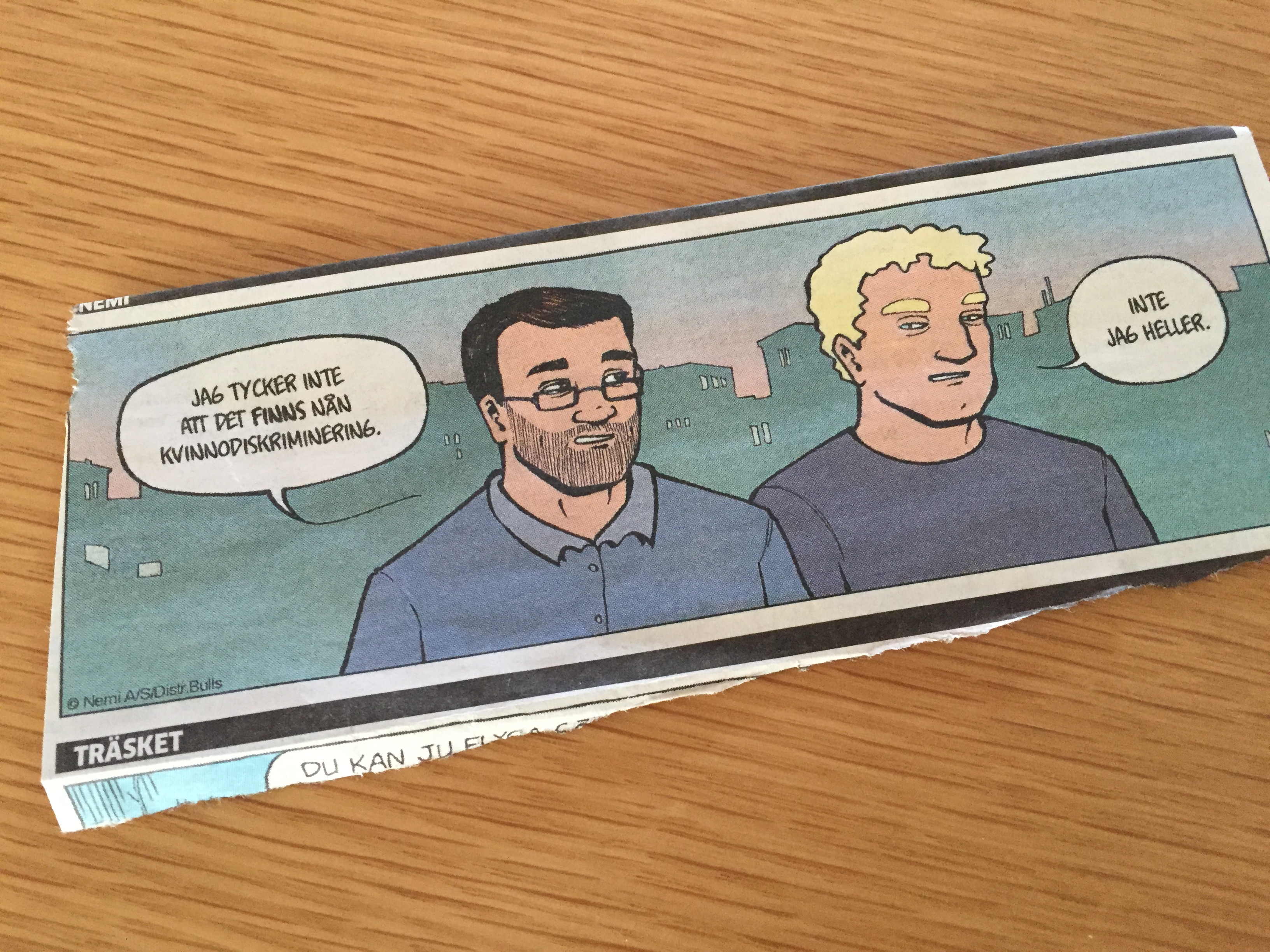

Now we have launched the GENOVATE Tookit! Through the link you will have access to eBook and pdf file http://www.ltu.se/centres/cdt/Resultat/2.59039/Metoder-och-handbocker/Promoting-sustainable-change-1.157231?l=en
GENOVATE Gender and Diversity Toolkit
GENOVATE gender and diversity toolkit aims to promote sustainable change through integration of gender equality and diversity perspectives in research and innovation systems. This toolkit is intended for experienced as well as new innovators and people who want to learn more about how understanding gender and diversity can lead to more innovation in their everyday lives. The toolkit illustrates a process and methods how academic institutions, social innovators, funding agencies, knowledge transfer partnerships, and intermediaries can use gender equality and diversity tools. The toolkit is developed by the GENOVATE Consortium in the work package 5.


Associate Professor Cathrine Norberg, researcher in English linguistics at Luleå University of Technology (LTU), gives an open seminar in the House of Science located in the Luleå town centre. Cathrine Norberg, who is the Dean of the Faculty of Arts at LTU and a member of the LTU GENOVATE Advisory Board, talks about which characteristics and activities are attributed to boys and girls on the Web. How do we talk about girls and boys and does it matter? In a study of how boys and girls are described on the web Cathrine Norberg discusses whether the way we talk about girls and boys have an impact on what they are supposed to do and be? And what happens when normative expectations are broken? How lively can a girl be, for example, before she is considered intrusive?
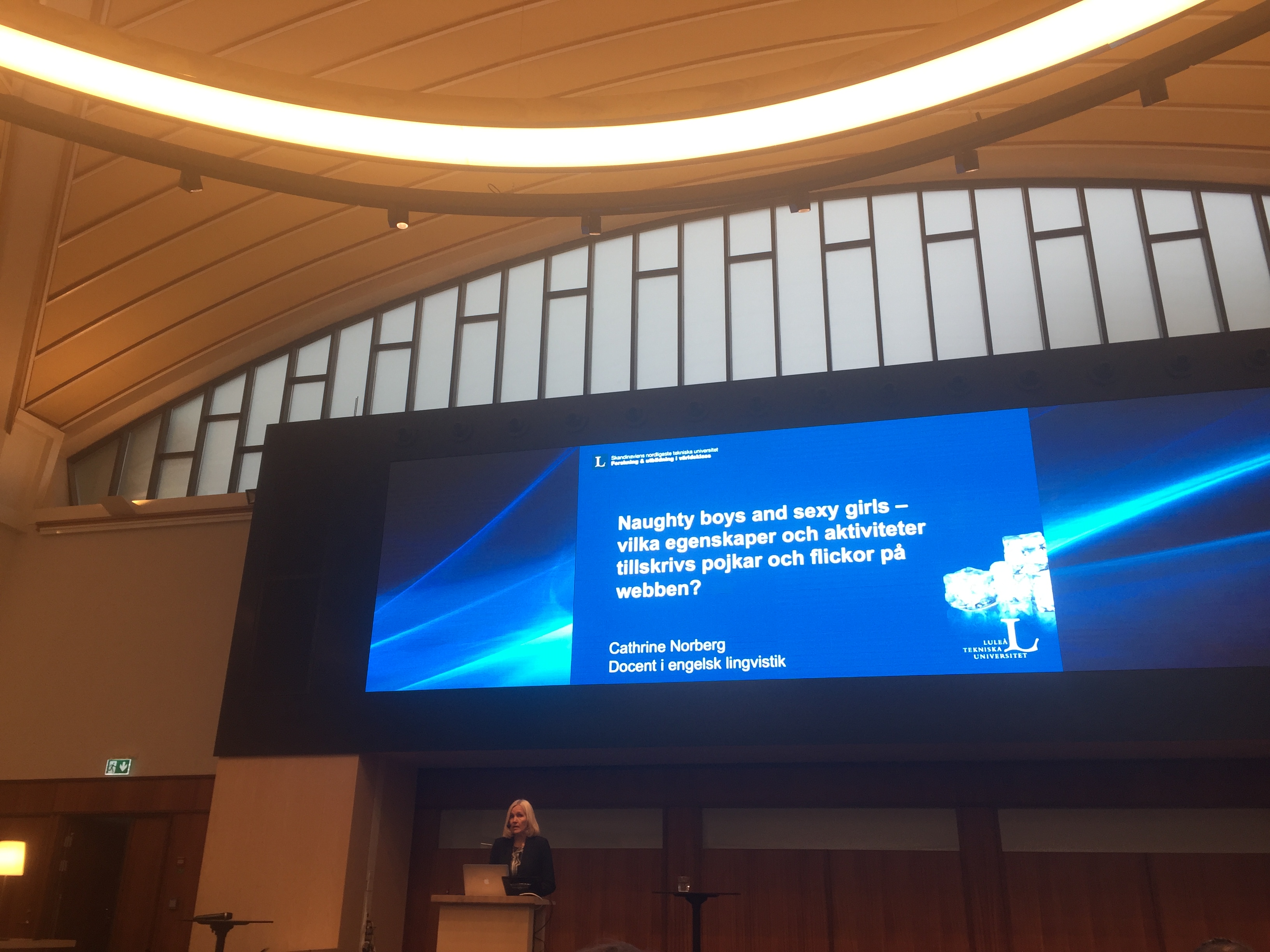
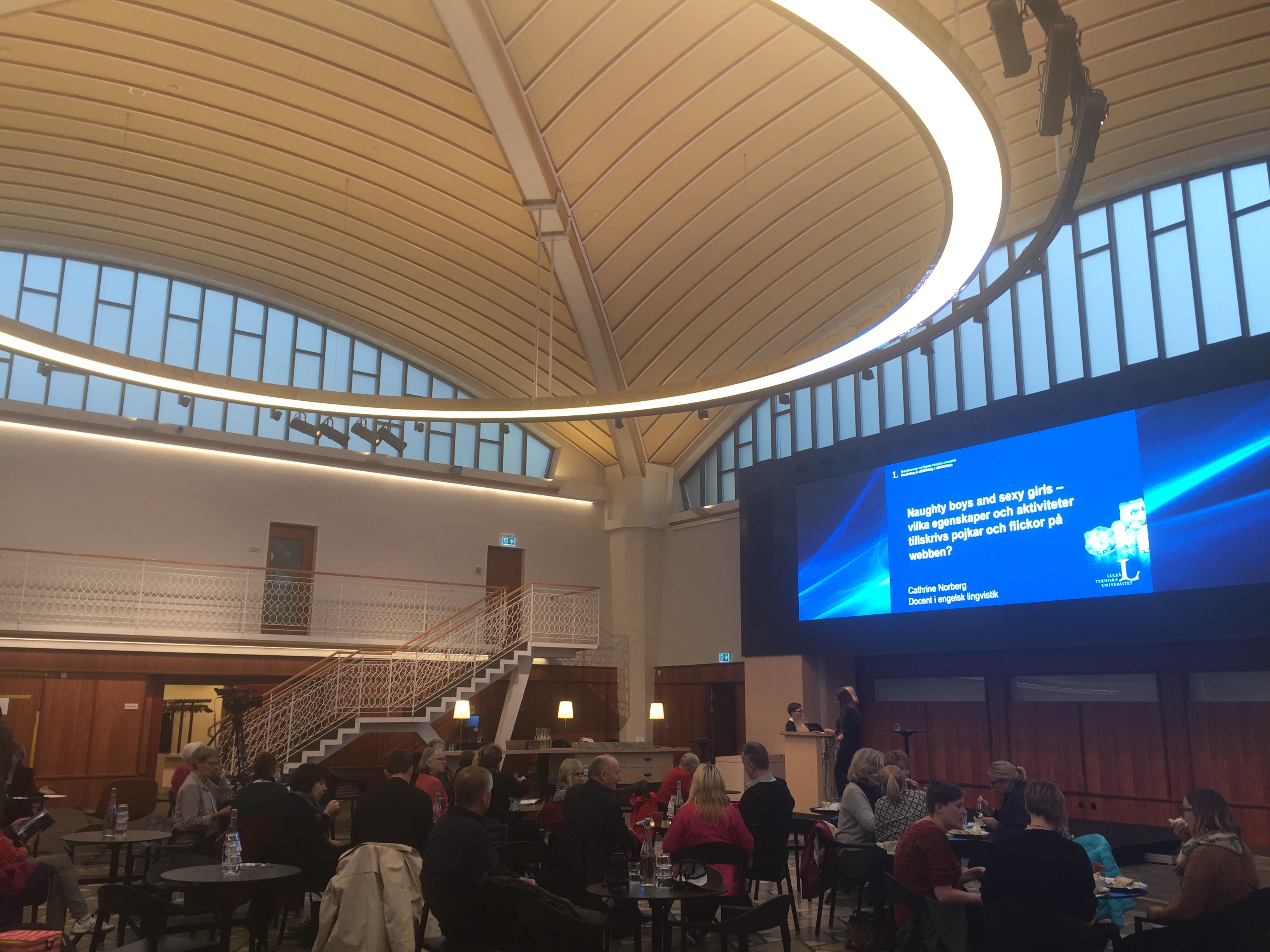
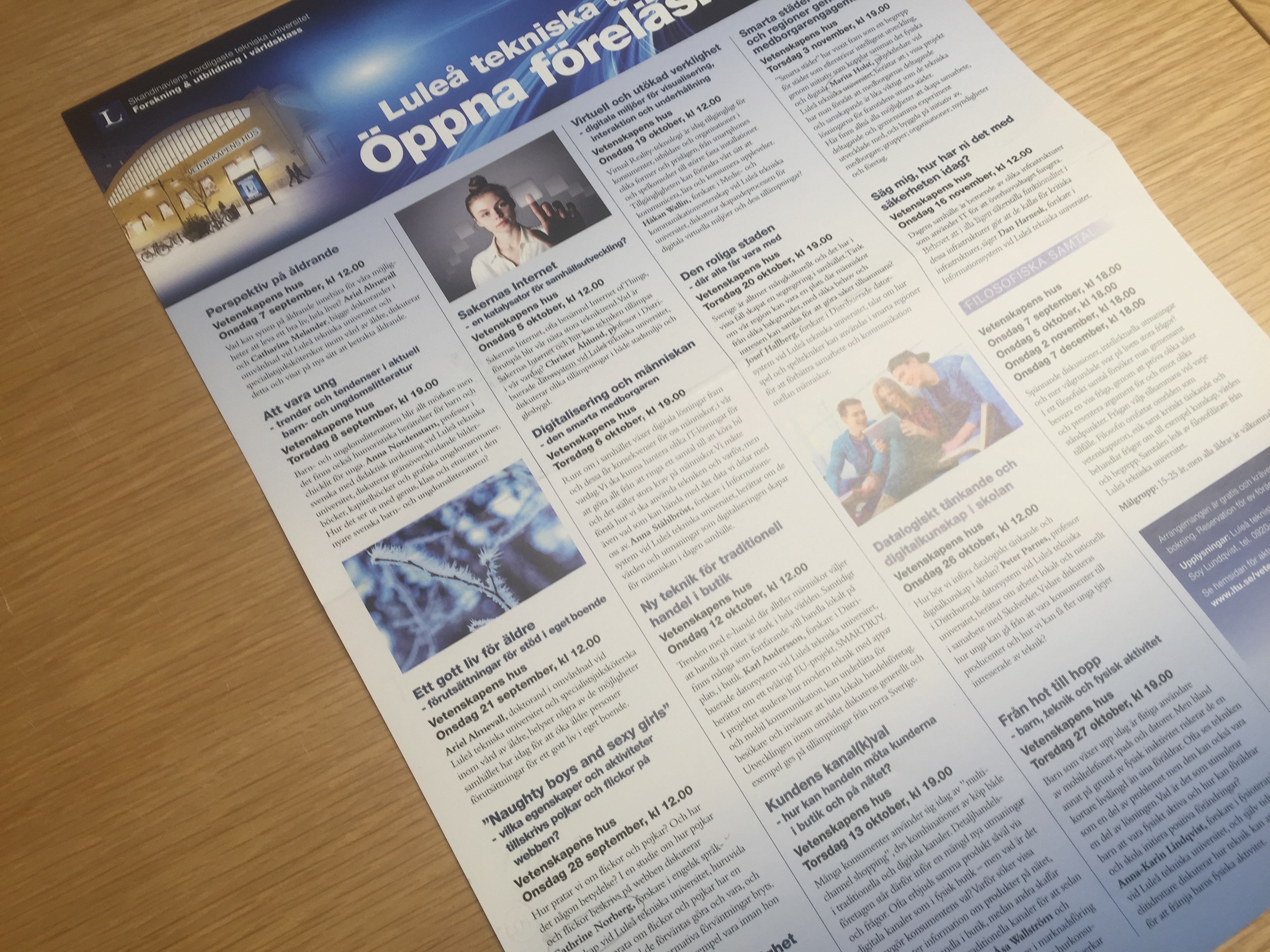
Powered by Multicategories for Joomla!2.5